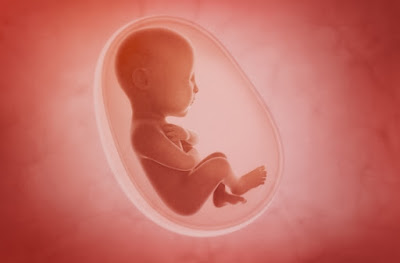PCOS is gradually becoming a common term, especially among adolescents and women in the be reproductive age group. A hormonal disorder, PCOS or polycystic ovarian syndrome is a condition in which there is a number of fluid-filled follicles in the ovaries. Apart from uncertain hormonal activity, PCOS can also lead to excessive hair growth, acne and even serious problems like infertility and diabetes. The long term risk associated with PCOS is a cancer of the uterus, also called endometrial cancer. Though the disease is found in almost 10% of women, there are still certain misconceptions surrounding this condition.
Gynaecology Cancer
The endometrium is the inner lining of the uterus. With PCOS, when women suffer lack of periods or irregular periods, the lining can become thick and lead to gynaecology cancer if left untreated in the long run.
Understanding the Causes of PCOS
The exact causes of the disease are not known, but it is established that women who have had PCOS running in the family are more susceptible to it. Apart from genes, insulin resistance in the body can also lead to triggering the ovaries to produce higher amounts of male hormones. This in turn can lead to Obesity which further aggravates PCOS.
Understanding the Symptoms of PCOS
According to a recent study, almost 70% of the women who suffer from PCOS are not aware of it. Some women may see the symptoms when they have irregular cycles while some may only discover the problem when they gain too much weight or are having trouble in conception. The following are some of the typical symptoms:
● Periods become irregular
● Excessive bleeding during periods
● Too much hair growth on body and face
● Acne
● Skin darkening
● Mood swings
Understanding the Effects of PCOS
When the androgen levels in the body are higher-than-normal, there are multiple effects on the woman, some of them are:
● Infertility
● Unexplained weight gain
● Sleep apnea
● Increased risk of Endometrial cancer
● Depression
Understanding the Treatment of PCOS
Polycystic ovary disease can greatly disturb a woman’s menstrual cycle and cause problems like infertility. Some women are also bothered because of excessive hair growth, especially on the face. Making some lifestyle changes can greatly help in the management of PCOS. Losing weight, eating a balanced diet and exercising regularly have helped a lot of women in improving their overall health. If lifestyle changes do not bring improvement, medical treatment may be required based on the symptoms or goal of treatment. In some severe case where women are unable to conceive, surgery may also play a role in helping them to conceive.



















